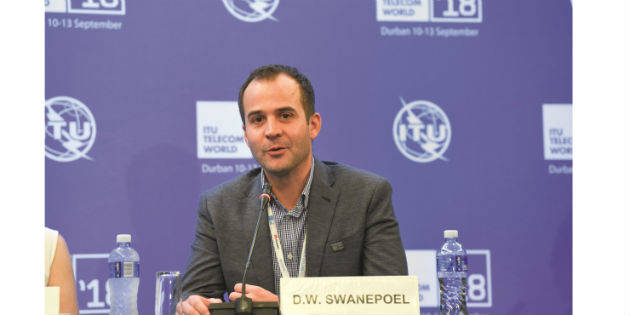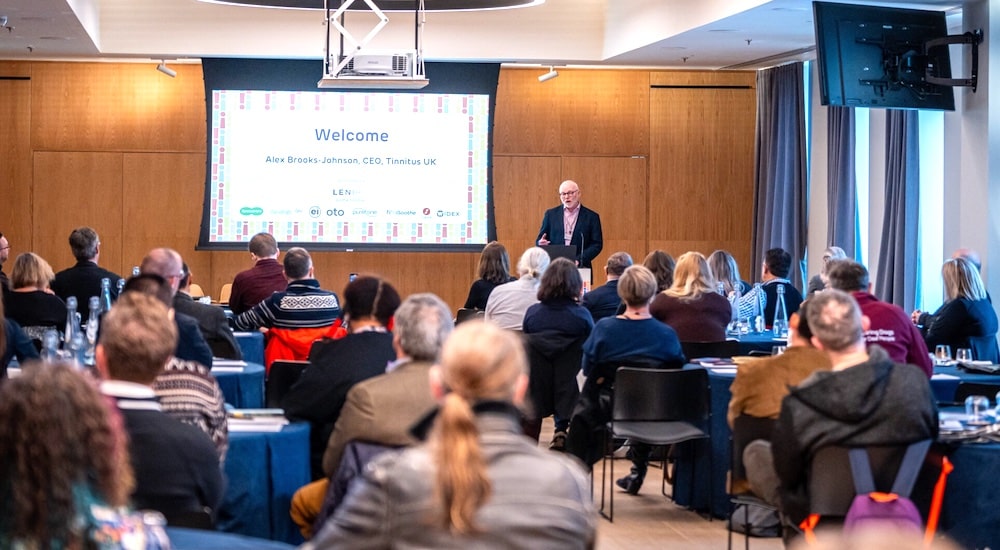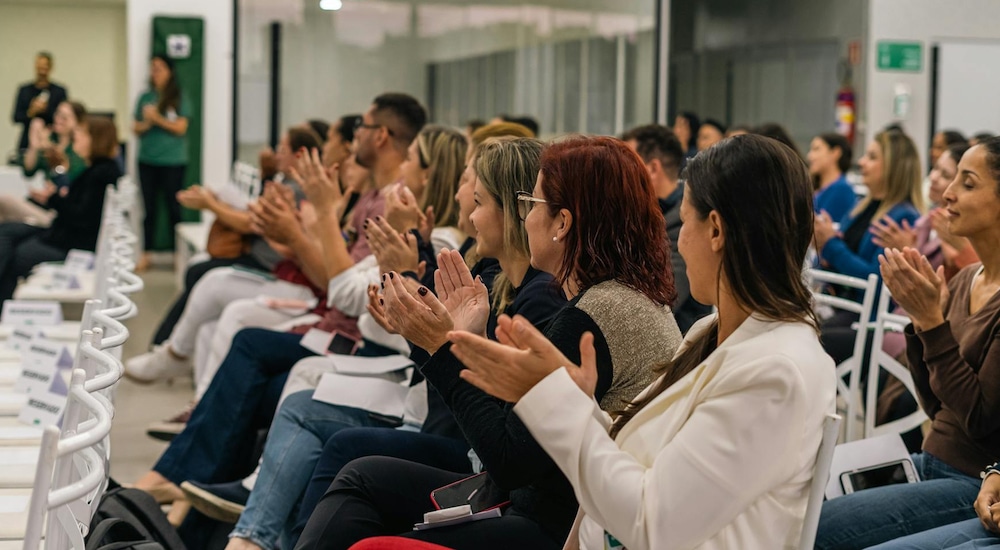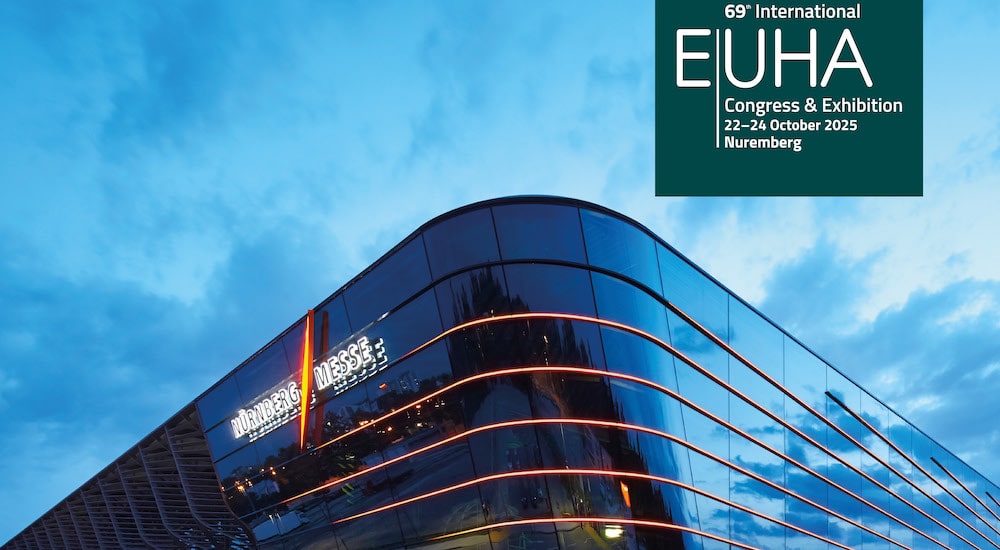The path to hearing health care access in developing nations
WCA 2018
Dr De Wet Swanepoel, first president of the International Society of Audiology from Africa and host for 2018 WCA, is a not-to miss name when it comes to telehealth in audiology.

You are Professor, Department of Speech-LanguagePathology and Audiology at the University of Pretoria;Adjunct Associate Professor, School of surgery at theUniversity of Western Australia as well as a SeniorResearch Fellow at the Ear Science Institute in PerthAustralia. How do you divide your time betweenthese roles?
I’m based at the University of Pretoria in South Africa buthave strong research collaborations with mycolleagues in Western Australia where we pursuejoint initiatives.
In addition to the above roles, you are also an advisoryboard member of the Phonak Pediatric board and the IdaInstitute. Why did you take on these roles; is there mutualbenefit for you and the organisation?
These board positions give me the opportunity to engage withwonderful colleagues around issues that are close to my heart, i.e.pediatric audiology and person-centred audiology. It gives me anopportunity to learn and impact initiatives in these areas.
And then there is President of the International Society ofAudiology. What were your aims and priorities during your term of office? Two years in this role, what do you stillhope to achieve?
An important priority for me was to see ISA’s continued supportfor the World Health Organization (WHO) and its initiatives inhearing health care. ISA is an official partner organization to theWHO and directly supports the position of the technical officerfor hearing loss and deafness. It was an exciting term that sawthe World Health Assembly adopt a resolution on hearing lossin May 2017. With my term ending in October 2018 my lastgoal is to see the 2018 World Congress of Audiology serve asa platform to highlight the inaccessibility of hearing care in lowand middle-income countries whilst stimulating awareness andgrowth in audiology across the continent of Africa.
Are there are any areas of audiology that you would sayare your areas of expertise? Do you have a soft spot forsome more than others?
I have a wide-ranging interest that includes paediatricsand electrophysiology. For the past 10 years my interestshave however mainly been to explore, develop and evaluateinnovative solutions and service-delivery models to improveaccess to ear and hearing care. These have includedteleaudiology, eHealth, mHealth and digital health.
Can you talk a little about the projects and areas ofresearch you are currently involved in?
We’re continuing our work to leverage the rapid growth ininformation and communication technologies to improveaccessibility and affordability along the entire pathway ofcare in hearing health care. Some of the exciting projectsinclude combining hearing and vision services using the samesmartphone platform for national screening programmes andpopulation-based prevalence studies.
You are the founder of hearX. Can you tell us more aboutthis company and the products under this brand? And alsohearZA?
The hearX Group is a digital health company with a missionto make hearing care accessible and affordable using smartdigital health solutions that anyone can use, anywhere. As asocial enterprise it has a big vision to see healthy hearing reacheveryone, everywhere. hearX provides clinical solutions onsmartphones that include certified audiometry using calibratedheadphones, smartphone video-otoscope and speechaudiometry.Consumer solutions include hearing tests onkiosks, websites and smartphone apps (iOS and Android). Thenational hearing screening test in South Africa, hearZA, waslaunched in 2016 and on 10 October the US National hearingtest, hearScreen USA, on a smartphone was launched incollaboration with the American Academy of Audiology.
What is your hope for hearing healthcare in developingnations? Is there one thing that could really changeaudiology?
My hope is to see hearing health care prioritised in low- andmiddle-income countries. This will require increased awarenessat all levels and services, including detection, diagnosis andamplification options, that are truly affordable. Service-deliverymodels require simple tools that can be operated by minimallytrained persons to ensure a decentralised community-basedmodel of care and low-cost financing models.
What’s next for you after the WCA?
I have assumed a new role as Editor-in-Chief of theInternational Journal of Audiology, which has commencedalongside the WCA. This will be an interesting new chapter inmy research and academic career. It’s a daunting but gratifyingresponsibility.
Dr Swanepoel – a brief biography
Dr De Wet Swanepoel is professor in the Departmentof Speech-Language Pathology and Audiology,University of Pretoria with adjunct positions atthe University of Western Australia and is a seniorresearch fellow at the Ear Science InstituteAustralia. He has published more than 150 peerreviewedarticles, books and book chapters and hasreceived numerous national and international awardsin recognition of his work. Dr Swanepoel serves aspresident of the International Society of Audiologyand editor-in-chief of the International Journal ofAudiology. He is also the co-founder and scientificadvisor to the hearX group.


